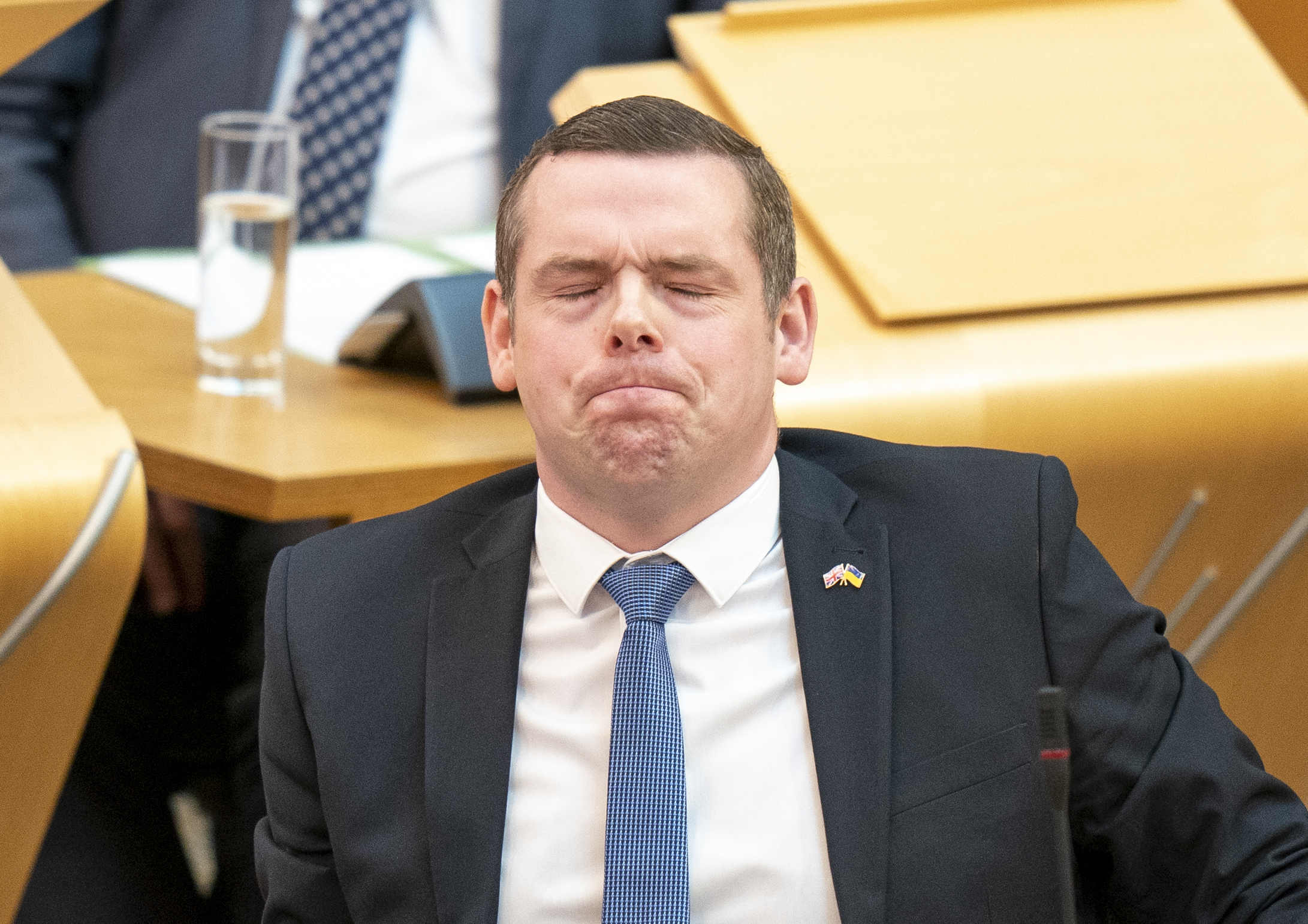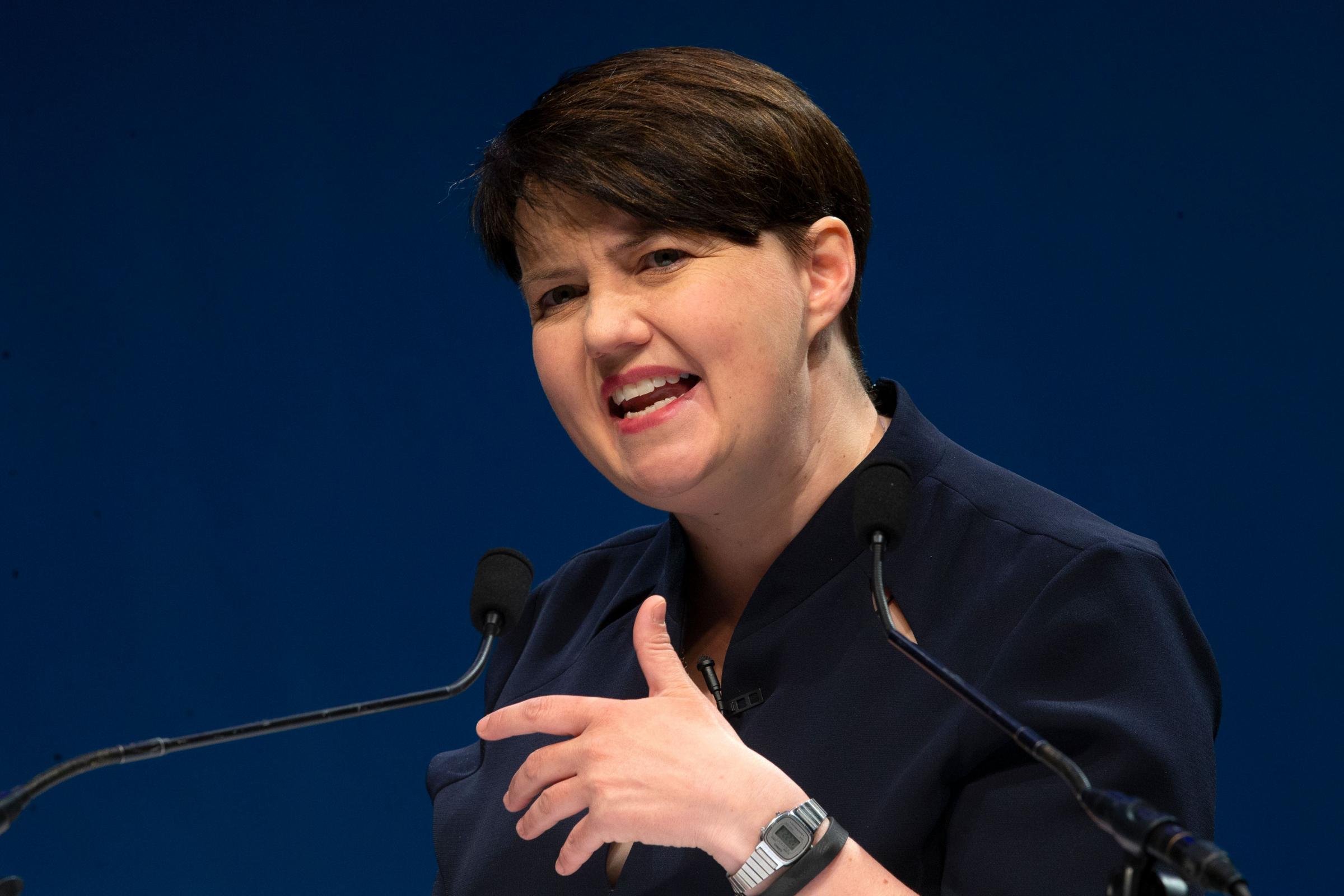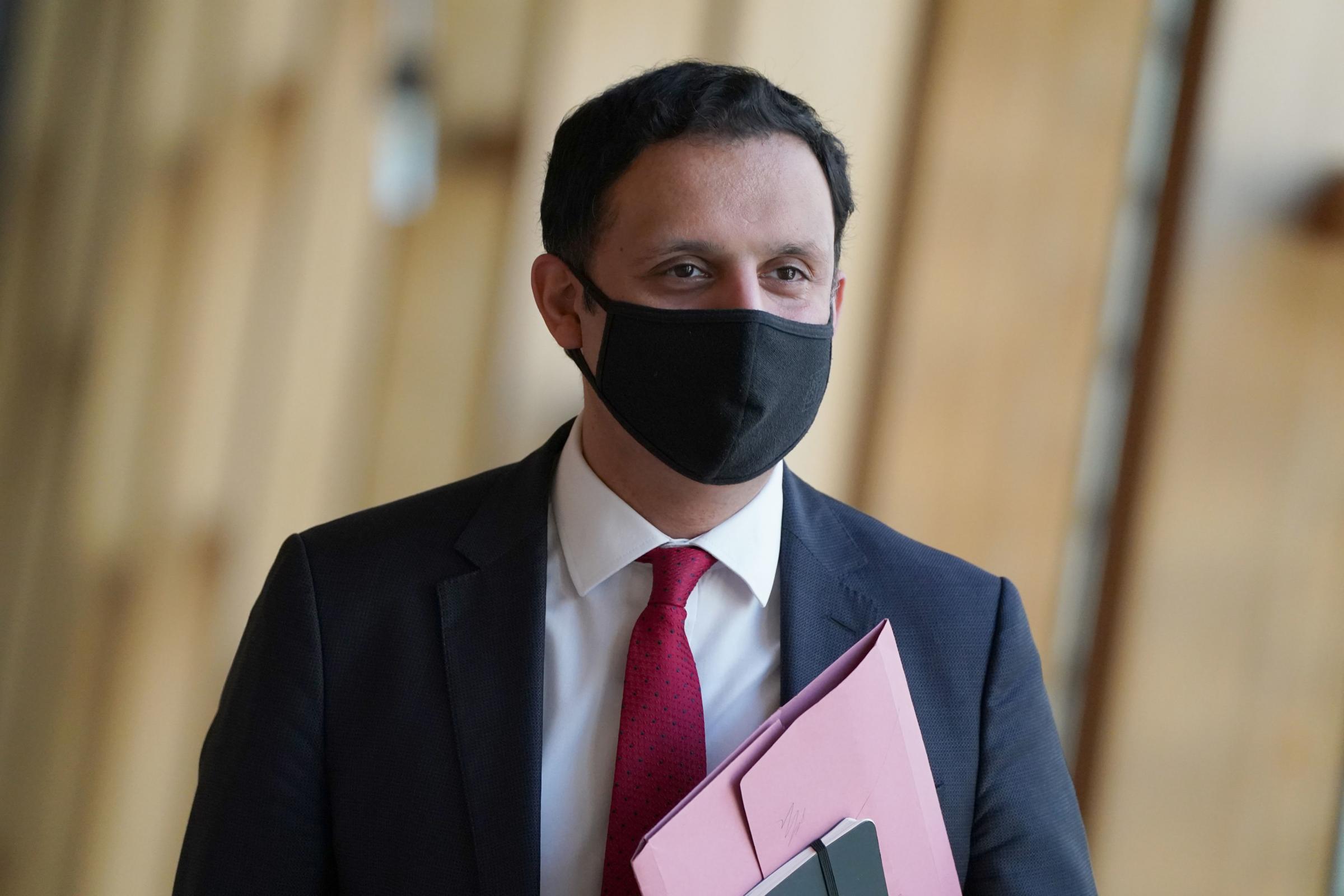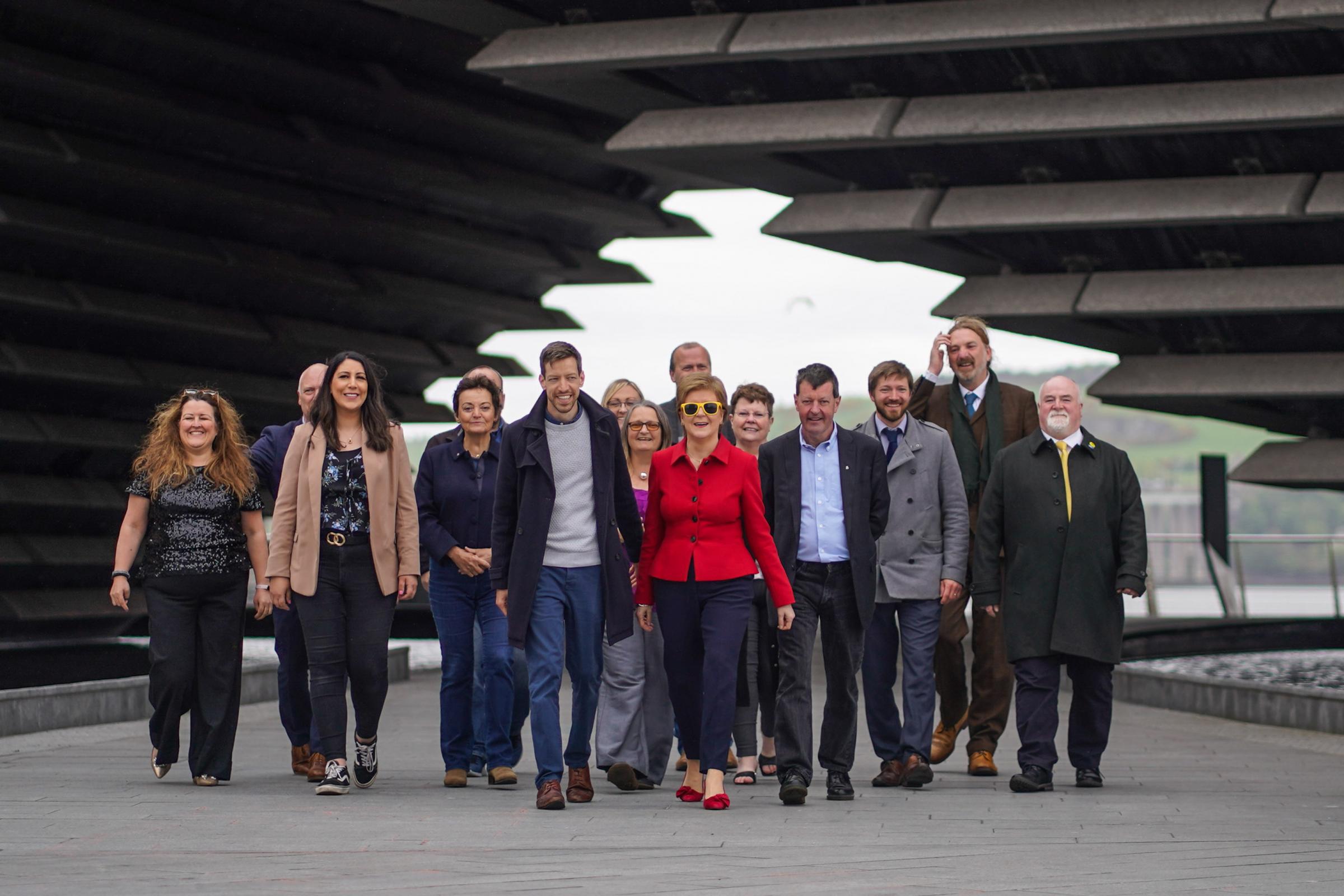
DOUGLAS Ross yesterday insisted his leadership is “for the long run” despite mounting pressure following a disastrous performance in the local election by the Scottish Conservatives.
The SNP again finished as the biggest party in the election, while the number of councillors rose for every major party except the Scottish Tories, who dropped 62 seats.
With the Conservatives now having crashed into third place behind Labour, informal talks have reportedly already been held by the party about dumping Ross (below).
First Minister Nicola Sturgeon has said the “knives are out” for the leader, and some senior Scottish Tory figures in the party are weighing up an end to the hardline anti-indyref2 stance, according to reports.
One expert told the Sunday National it would be a “huge error” for the party not to replace Ross before the next election.
However, yesterday, Ross said: “There are always questions about leadership immediately after an election. I’ve been clear that I’m in this for the long run.
“We had our best-ever result in a Scottish Parliament election under my leadership just 12 months ago and we had a difficult night on Thursday into the count on Friday.
“I was here when we had a very good result and I’m still here when we’ve had a disappointing result, and we’ve lost too many excellent candidates who would have done great work in their local area.”
Polling expert Mark McGeoghegan told the Sunday National that the Downing Street partygate scandal and cost of living crisis would have been key factors in the Tories’ dismal performance.
He added: “Many Conservatives will feel that Douglas Ross will also need to be held accountable.
“He made a high-profile U-turn on his call for Boris Johnson to resign, only for the myriad crises Johnson is enveloped in to intensify.
“In a Savanta poll at the beginning of May, 56% of Scots said this was the wrong decision, and one-in-10 2021 Conservative voters said it made them less likely to vote Conservative.
“He has persistently failed to create the kind of distance between the Scottish and UK parties that Ruth Davidson was skilled in doing, and is increasingly unpopular.”

McGeoghegan pointed out that Ross’s popularity rating was minus 15 at the last election – but now that has fallen to minus 25, with only Rishi Sunak, Boris Johnson and Alex Salmond less popular in Scotland.
“At this point, it’s hard to see where the Conservatives go under Ross,” he added.
“If he isn’t replaced by the next election, I would be surprised and I think it would be a huge error.”
McGeoghegan pointed out that Alba were the other major losers of the election after failing to win a single councillor, while the “big winners” were the SNP.
“They gained more seats than any other party, won the highest share of local election votes in their history and won the highest share of local election votes since Donald Dewar’s Labour Party in 1999, 23 years ago,” he said.
“Their gains may have come after a low-water mark in 2017 during the Conservative resurgence, but this is also after 15 years in government.”
He added: “Labour, the Greens, and the LibDems will also be happy.
“For Labour and the LibDems, this election has promised green shoots of renewal.
“The Greens converted their gains in last year’s Holyrood elections into gains at a local level and will look to build on this result.”
The SNP gained 22 seats. Labour and the LibDems were both up by 20 seats, while the Greens secured 16 seats.
Independent pollster Mark Diffley said it was unusual for four of the five main parties to be “quite cheery” at the end of an election, to differing extents.
He said Labour would be happy at securing second place and councillors across the country.

Following the results, party leader Anas Sarwar (above) declared that Scottish Labour “is back” and aspiring to take first place from the SNP.
However, Diffley said: “This is not Labour giving the SNP a bloody nose – this is Labour picking up Tory seats.
“In other words, I would be quite cautious on seeing this as Labour being on a huge upward trajectory that is going to see the party back in power – that would be premature.
“Let’s not be too downbeat about it, they will be quite happy – any party that has been through a decade or more in Scotland of ever-decreasing vote shares at this stage will take any signs of a fightback and a re-emergence.
“But I don’t think it should be overstated.”

Meanwhile, First Minister Sturgeon said yesterday that the ballot was not a “referendum on a referendum” and her party’s gains did not bolster the push for independence.
Speaking from Dundee as she celebrated the SNP taking majority control of the city’s council, she said: “This election was a local council election, I didn’t go into it arguing that it was all about independence, so I’m not going to come out of it and argue that somehow retrospectively it was all about independence.
“People in any election will vote for a whole variety of reasons. In this election, I think they were voting principally because they want more action on the cost of living crisis and they want to see the Westminster government step up, so it was a strong message on that.”
When asked if the election was a “referendum on a referendum”, the First Minister said: “It wasn’t – we won a mandate for a referendum this time last year, preparations for that are underway.
“Certainly, having the victory of the scale we had yesterday, with the Greens doing relatively well too, it certainly doesn’t harm the case for independence, but that case was not resting on the outcome of the council election.”
Diffley said that while the outcome of the election would not change much about referendum plans, one potential issue would be the impact that Labour in second place would have on any future pro-Union campaign.
“If anything, this election makes that slightly more difficult to ponder – you will have Labour as the largest pro-Union party in Scotland and a very unpopular UK Government led by a very unpopular Prime Minister," he said.
“The notion of there being a Better Together-style campaign is something I’m not sure if Labour – as the biggest pro-Union party in Scotland – would necessarily jump at the chance of recreating. It does open up some interesting questions on that side of the argument.”







